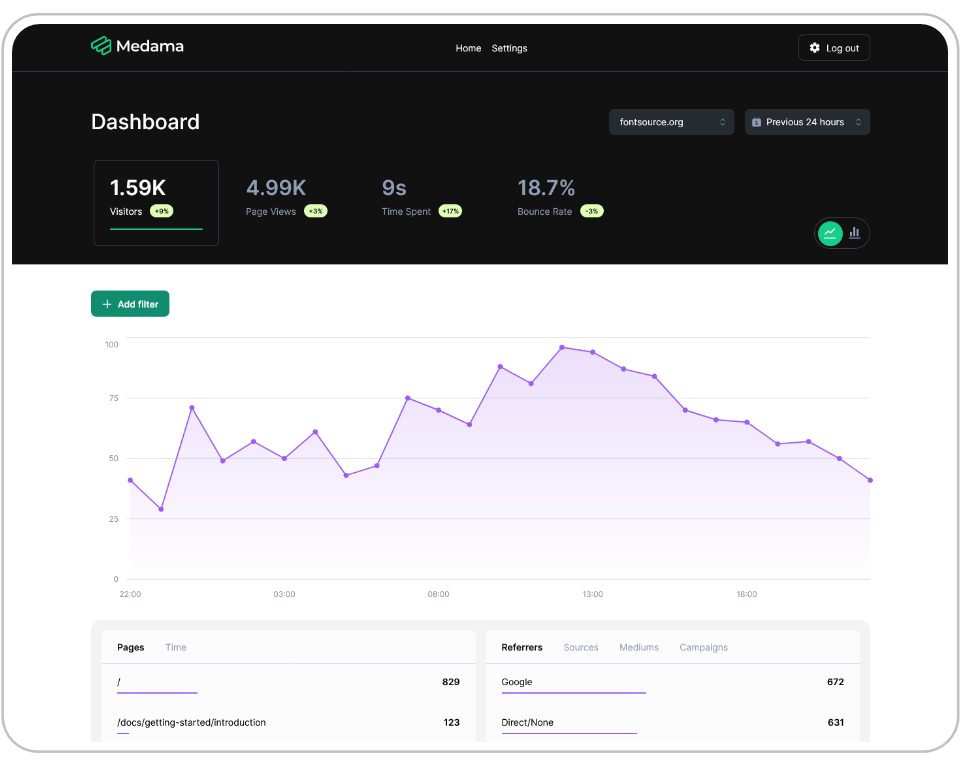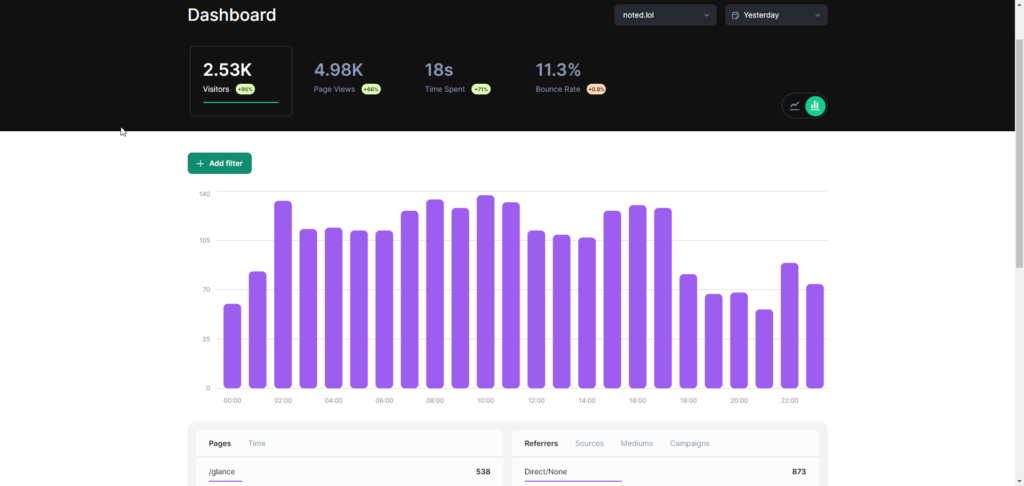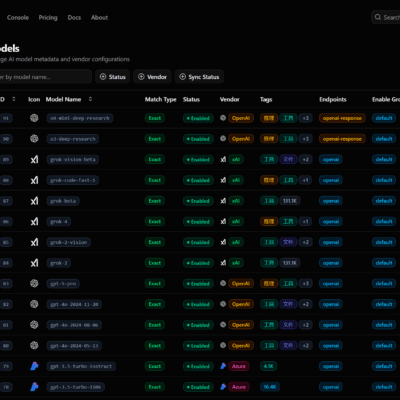Medama – Simple Self-Hosted Analytics
Setting up self-hosted analytics can sometimes be a pain. Some solutions are complicated and require technical expertise. But Medama Analytics is a breath of fresh air. Its easy installation process means you can start tracking your data quickly, without getting overwhelmed by technical details.
What is Medama Analytics?
As an open-source project, Medama Analytics offers self-hostable, cookie-free website analytics that puts privacy first. With a lightweight tracker that’s less than 1KB in size, it provides valuable insights while minimizing data collection.
Medama Analytics offers a range of tools to help users gain insights into their online presence. Real-time analytics provide instant feedback on website performance and user interactions. Meanwhile, Medama’s focus on privacy ensures that data is collected without cookies, IP addresses, or other identifying information. The platform also features an OpenAPI-based server for easy integration with existing dashboards, as well as a self-hostable setup that can be deployed on virtual machines with modest memory requirements.

Install Medama using Docker Compose
This Docker Compose stack can be used to install Medama on your server.
version: '3'
services:
medama:
image: ghcr.io/medama-io/medama:latest
ports:
- "8080:8080"
volumes:
- medama-data:/app/data
volumes:
medama-data:For login purposes, only localhost and HTTPS connections are accepted. Logging in via an insecure HTTP connection will result in failure.

To start using Medama, login then add your website. Next, grab the tracking code from the docs since it’s not currently available in the backend.
<script defer src="https://[your-public-api-hostname].com/script.js"></script>If you need more ways to install Medama, please see the Medama documentation. There is also a single binary installation option.
Final Notes and Thoughts
It’s odd that I had to search for the tracking snippet, while many other analytics platforms provide it automatically. You’d think it would be a standard feature.
Overall, Medama is a solid choice for analytics due to its ease of use and simplicity. The fact that you can quickly install it using Docker and start viewing stats right away on one page is a major plus. While it’s still a relatively new solution, we may see some exciting developments in the future, including potentially enhanced tracking capabilities within the backend.
See more about Medama on the Medama Github repo. Don’t forget to show your appreciation by giving the project a star!










